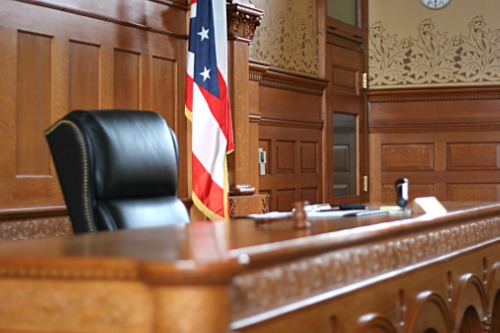
Ninth Circuit cautions those trained only in the law about becoming final judges of art

The US Court of Appeals for the Ninth Circuit has highlighted the complexity of judging the “worth of an expressive work” as it revived on Monday a lawsuit alleging that Taylor Swift’s “Shake It Off” illegally copied an earlier song.
On 18 September 2017, songwriters Sean Hall and Nathan Butler filed a complaint against Swift, alleging that the 2014 hit copied a six-word phrase and a four-part lyrical sequence of the 2001 song “Playas Gon’ Play” that the plaintiffs wrote for girl group 3LW.
The plaintiffs presented a side-by-side comparison of the lyrics, stressing the lyrics “Playas, they gonna play / And haters, they gonna hate.” Swift’s song contained the lyrics “Cause the players gonna play, play, play, play, play / And the haters gonna hate, hate, hate, hate, hate.”
On 13 February 2018, the US District Court for the Central District of California dismissed the complaint on the ground that the relevant portions of the plaintiffs’ song lacked originality. The district court said that the lyrics were not creative enough to merit protection.
The US Court of Appeals for the Ninth Circuit reversed and remanded the dismissal of the district court, saying that originality was normally a question of fact, not a question of law. It also emphasized that the district court should not have constituted itself as the final judge of the “worth of an expressive work.”
The appeals court cited the warning of Justice Oliver Wendell Holmes, Jr. in the 1903 Supreme Court case of Bleistein v. Donaldson Lithographing Company, which found that advertisements were protected by copyright.
“It would be a dangerous undertaking for persons trained only to the law to constitute themselves final judges of the worth of pictorial illustrations, outside of the narrowest and most obvious limits. At the one extreme, some works of genius would be sure to miss appreciation. Their very novelty would make them repulsive until the public had learned the new language in which their author spoke,” the court wrote. “At the other end, copyright would be denied to pictures which appealed to a public less educated than the judge…[A]nd the taste of any public is not to be treated with contempt.”